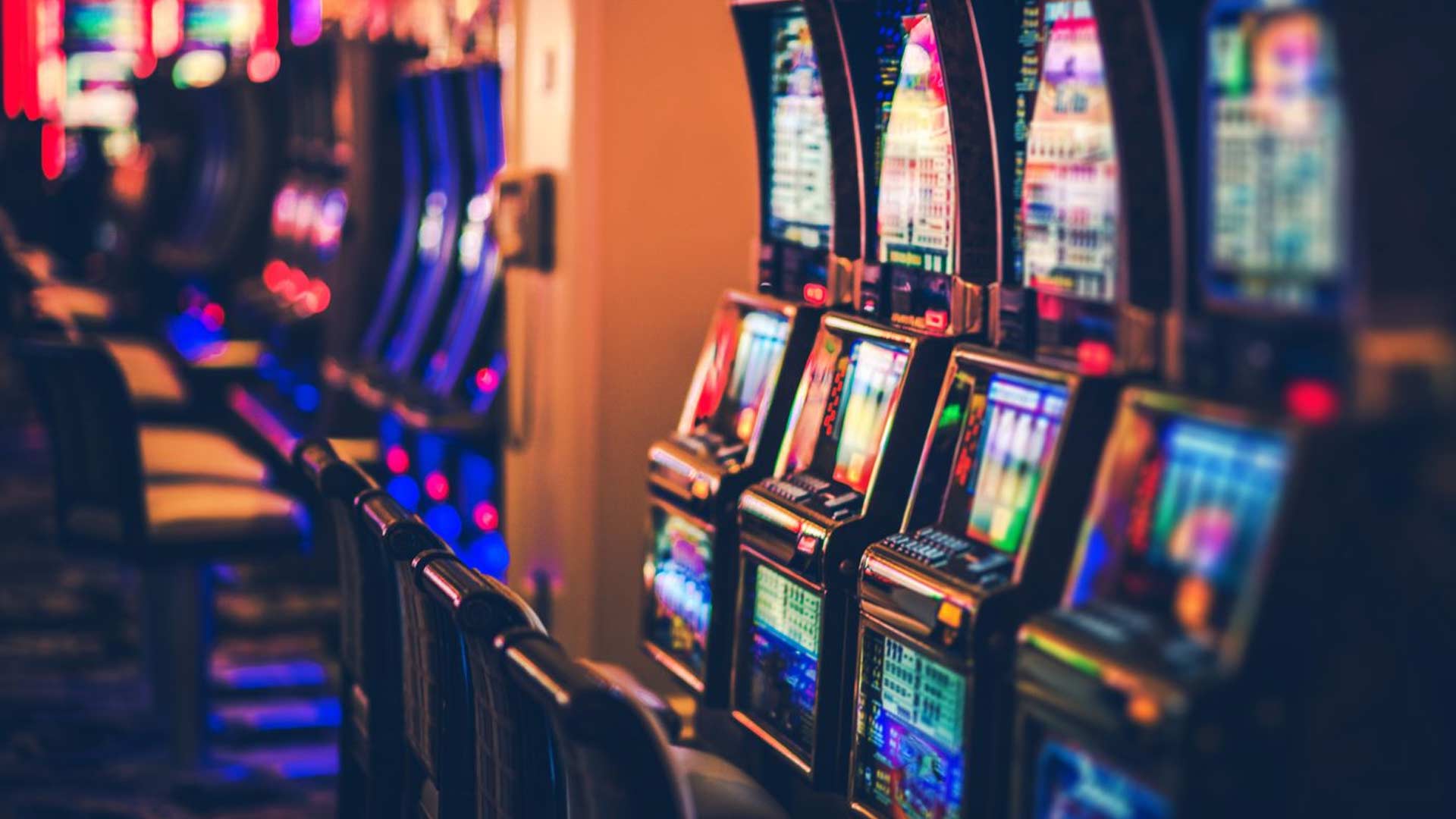How Casinos Inspire Global Travel Trends

How Casinos Inspire Global Travel Trends
The shimmering lights and opulent facades of casinos have long beckoned travelers, promising excitement, luxury, and a touch of the extraordinary. Far from being mere gambling dens, modern casinos, particularly those integrated into sprawling resorts, have evolved into powerful catalysts for global travel trends. They are architectural marvels, entertainment hubs, culinary destinations, and retail paradises, meticulously designed to attract a diverse array of visitors from across the globe, thereby reshaping the very fabric of the tourism and hospitality industries.
Initially, casinos were synonymous with destinations like Las Vegas and Monte Carlo, drawing in high rollers and those seeking the thrill of the game. However, the paradigm has shifted dramatically. Today's integrated resorts, exemplified by properties in Macau, Singapore, and beyond, are monumental complexes that offer much more than just gaming floors. They encompass five-star hotels, world-class restaurants helmed by celebrity chefs, sprawling shopping malls featuring luxury brands, state-of-the-art convention centers, live entertainment venues hosting international artists, and even family-friendly attractions like theme parks or aquariums. This diversification is a deliberate strategy to broaden their appeal beyond just gamblers, drawing in MICE (Meetings, Incentives, Conferences, and Exhibitions) travelers, families, foodies, shoppers, and entertainment enthusiasts.
This evolution has had a profound impact on destination marketing and urban development. Cities that once lacked a strong tourism identity have been transformed into vibrant global hubs thanks to casino investments. Singapore's Marina Bay Sands, for instance, with its iconic Skypark and infinity pool, has become an instantly recognizable landmark, putting the city-state squarely on the global tourism map. Similarly, Macau’s transformation from a quiet fishing village into the "Gaming Capital of the World" showcases the immense economic power of casino-driven tourism. These developments create thousands of jobs, stimulate local economies, and necessitate significant infrastructure improvements, from improved transportation networks to expanded airport capacities.
Moreover, casinos heavily influence luxury travel trends. They cater to a discerning clientele with bespoke services, private jet access, exclusive VIP programs, and lavish suites. The concept of "high-roller travel" is intricately linked with these establishments, where personalized experiences and unparalleled amenities are the norm. This segment of travel often involves significant spending not just within the casino but also on luxury retail, fine dining, and bespoke excursions, further amplifying the economic impact on the host destination. The desire for exclusive and opulent experiences drives many affluent travelers to seek out these integrated resorts, viewing them as complete vacation destinations where every whim can be catered to.
Beyond the allure of opulence, the sheer volume and variety of entertainment offered by casino resorts are significant draws. Broadway-style shows, spectacular Cirque du Soleil performances, residencies by global music superstars, and unique artistic installations provide cultural enrichment and world-class entertainment that rivals dedicated performance venues. This focus on non-gaming amenities diversifies revenue streams and makes the destinations appealing to a broader demographic, including those who may not be interested in gambling but are seeking premium leisure experiences. Many visitors flock to these resorts solely for a concert, a celebrity chef meal, or a luxury shopping spree, underscoring their multi-faceted appeal.
The global spread of the casino model also highlights emerging travel trends. While North America and Asia remain dominant, new markets are continuously explored. Regions in Europe, Latin America, and even parts of Africa are witnessing the rise of integrated resorts, each tailored to local tastes and regulatory frameworks. This decentralization creates new tourism corridors and opens up previously untapped travel markets. The competition among these destinations drives innovation in offerings and marketing strategies, continuously pushing the boundaries of what a travel destination can provide.
Furthermore, the technological advancements within the gaming industry are subtly influencing how people engage with entertainment and leisure. The seamless integration of digital platforms, loyalty programs, and personalized experiences learned from the casino floor often translates into broader hospitality trends. For instance, the sophistication of online gaming platforms, including aspects like rtp slot m88, showcases the industry's embrace of technology to enhance user experience, a trend increasingly adopted by hotels and resorts to personalize guest stays. This technological embrace, combined with a relentless focus on customer service and experience design, sets a high bar for the entire travel and leisure sector.
In conclusion, casinos have transcended their traditional role to become formidable engines of global travel. By transforming into integrated resorts, they offer comprehensive leisure, entertainment, and business experiences that attract a wide spectrum of travelers. Their influence extends beyond direct tourism, driving urban regeneration, fostering economic growth, and setting new benchmarks for luxury and hospitality. As these dynamic hubs continue to innovate and expand their offerings, their role in shaping and inspiring future global travel trends will undoubtedly remain profound, cementing their status as pivotal players in the world's most vibrant industries.